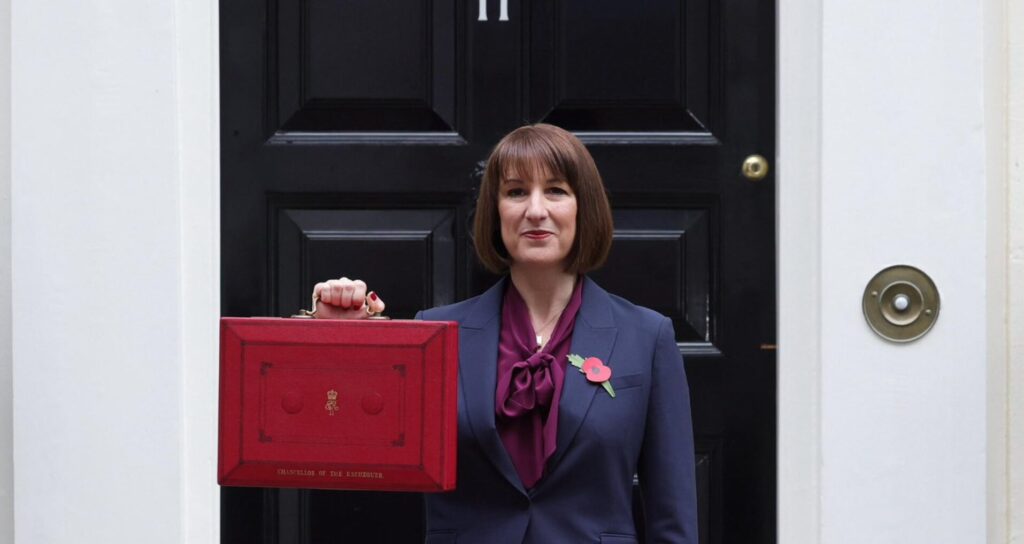‘Earth Overshoot Day’ — the annual indicator for when the world has used up all the natural resources it could sustainably regenerate — is fast approaching.
This means that from July 29th, whenever we consume something like those outlined above, we’re making it even harder to undo the damage that’s already been done.
Last year, partially due to the major lifestyle shifts caused by the pandemic and decreased demand for resources such as fuel, Earth Overshoot Day was on August 22nd. This obviously came under exceptional circumstances, but it did show that simple changes can have a positive impact.
But in 2021, as the world enters back into some form of normality, the date has regressed by 24 days. This comes as Glasgow gears up to host COP26 this November, the latest global effort at advancing the goals set by the Paris Agreement and the UN framework convention on climate change.
Will COP26 make a difference? Public trust in the actions of those in power appears to be at an all-time low. London School of Economics (LSE) figures show that in 2020, 61% of people did not believe the UK government was tackling the climate crisis effectively, and throughout 2020 and 2021, calls to treat the environmental emergency with the same urgency as the pandemic were commonplace.
Furthermore, a recent ‘Paid to Pollute’ campaign is taking the UK Government to court over the £99 million of subsidies paid to fossil fuel “polluters” with demands that these funds be instead used to foster new developments in ‘levelling up’ and job opportunities in decommissioning.
And then you add in things like tax minimisation, which is viewed by many to be somewhat common practice among large firms — Amazon for instance, is alleged by transparency campaigns as a leading culprit among US tech companies in recent years — these cases beg the question of how corporations can begin to accept responsibility for social and environmental challenges in a way that might truly be constructive for all.
Environmentally responsible action from companies is no longer an optional benefit but a necessary requirement. It has been stated that in order to deliver the Paris Agreement, companies, banks, insurers and investors all have to adjust their business models and develop credible plans for the transition to a net zero economy and, more importantly, implement them. Such actions can also be beneficial to the economy as a whole as well as to companies themselves. The Global Commission on Economy and Climate has found that adaptation to a low carbon based market could lead to major economic boosts and employment gains.
And sustainable operations has been proved by many to be a key part of risk management. In 2017, the UK government predicted an annual 11% growth in the low-carbon economic sector and it’s predicted that in approaching the deadline for national contributions towards the Paris Agreement in 2030, there could be a wave of mass divestment in companies that do not significantly contribute to achieving those goals.
Studies have also shown a direct impact on the revenue of businesses that act on the climate emergency in comparison with those who hold poor reputations for social responsibility, the latter showing a decline of 3% in market capitalisation.
So how can businesses adapt to transitional needs, avoid the pitfalls of public distrust and foster a truly sustainable and beneficial environment? In 1994, renowned sustainability consultant Elkington produced a ‘triple bottom line’ model for corporate social responsibility practice in an attempt to highlight the need to account for both social and environmental costs as well as economics within business management.
However, following the interpretation of many businesses Shell included — towards ‘economic cost’ as purely profit margins, Elkington amended his initial model to emphasise the need for economic ‘prosperity’ over profit.
This specifically underlines the need for a holistic picture of economic development on the immediate and wider economy in generating employment, spreading wealth fairly and, importantly, paying taxes.
This approach is for many is viewed as more than a strategic tool but a way to rethink capitalism and its future. Mechanisms such as ‘integrated reporting’, ‘Total Societal Impact’ frameworks and the ‘Fair Tax Mark’ are already being used by many companies to promote a more open view of their financial impact. And structures such as ‘Doughnut Economics’ are replacing GDP measures of progress in Amsterdam and on a local level in Cornwall, reframing prosperity through economist Kate Rashworths ‘wheel’ like model, that emphasises the need for an economy to meet 12 foundational societal needs without breaching the outer ‘ceiling’ of nine fundamental ecological boundaries. In the midst of all of this, it’s becoming increasingly clear that an integrated view of financial sustainability is becoming the norm in not only the private sector but throughout wider social systems as a whole.
With ecological disasters such as the recent fires in the Gulf of Mexico and record breaking temperature changes becoming all too common an occurrence, many are questioning whether current targets are enough to tackle the urgency of climate change.
Earth Overshoot Day is just one means of communicating and understanding the shared outcome our actions hold for the environment. But perhaps accounting for the crisis in such material terms as resources and time, may serve as a reminder for how true corporate responsibility can involve so much more.
Hannah Chirnside, Associate Consultant, 56° North


